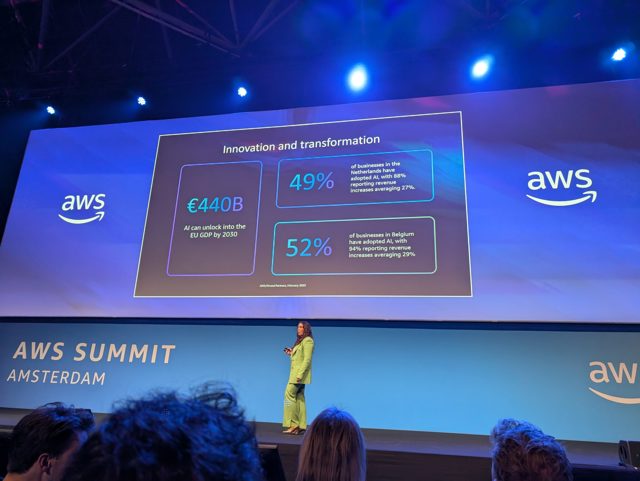< Back to news 


30 November 2023
AI system helps spot early-stage oesophageal cancer
A new AI system can help endoscopists recognise oesophageal cancer early, according to a study by Amsterdam UMC and TU Eindhoven. "The earlier you recognise oesophageal cancer, the better the outcome for the patient," said Jacques Bergman, professor of endoscopy at Amsterdam UMC. "We are therefore very happy with this help from artificial intelligence."
The results were published today in The Lancet Digital Health. For this study, the endoscope used by the endoscopist to look into the patient's oesophagus was connected to the AI system that assesses the images during treatment. This form of artificial intelligence was developed specifically for patients with what is known as Barrett's oesophagus. These patients have an increased risk of oesophageal cancer. Because of subtle changes, oesophageal cancer is very difficult to recognise in them and doctors regularly miss it. The patients therefore receive endoscopic research once every few years. With AI help for better recognition, there will be more certainty for these patients.
Instantly seen on screen
A unique feature of this system is that - during the endoscopic research - it can recognise oesophageal cancer on the endoscopy screen. More than 100 endoscopists from different countries tested the system with video images on a computer. When assisted by the AI system, endoscopists were significantly more likely to recognise an early form of oesophageal cancer: in 79% of cases, compared with 67% of cases without assistance.
International experts
The system's accuracy was also compared with that of international experts: endoscopists specialising in this type of cancer. It was found that the system recognised oesophageal cancer about as often as these experts. With the results of the study, the researchers hope that AI's help can be used as soon as possible in endoscopic research among patients with Barrett's oesophagus.
This project was conducted by an international consortium of 15 hospitals, led by Amsterdam UMC and TU Eindhoven.
Vergelijkbaar >
Similar news items

April 16, 2025
AWS: Dutch businesses are adopting AI faster than the European average
New research from AWS shows that Dutch businesses are rapidly adopting AI—at a rate of one new implementation every four minutes, well ahead of the European average.
read more >

April 16, 2025
Submit your nomination for the Dutch Applied AI Award 2025
Do you know or develop an innovative AI application? Submit it now for the 2025 Dutch Applied AI Award, presented at the Computable Awards.
read more >

April 16, 2025
UK government tests AI to predict murders
The UK government is developing an AI system that could predict who is most likely to commit a serious crime. Critics call the project dangerous and discriminatory.
read more >